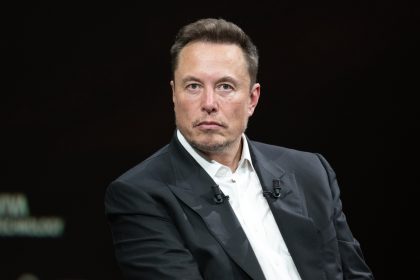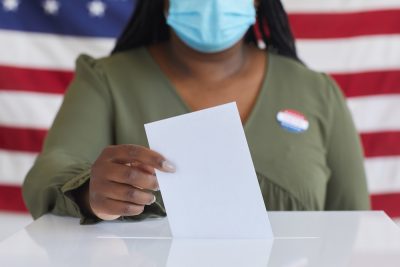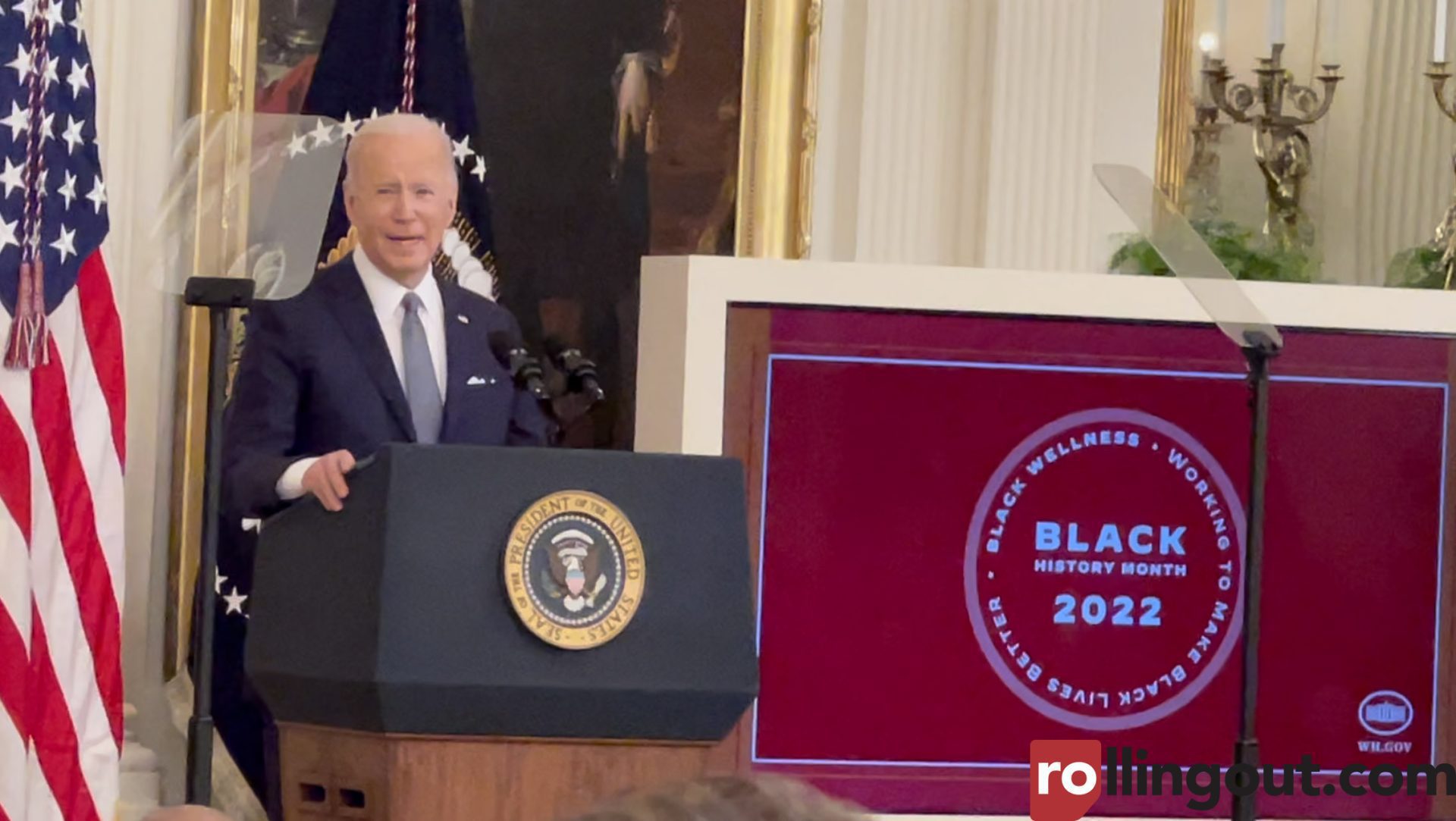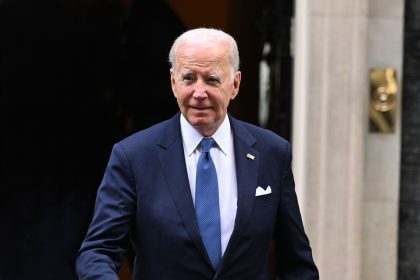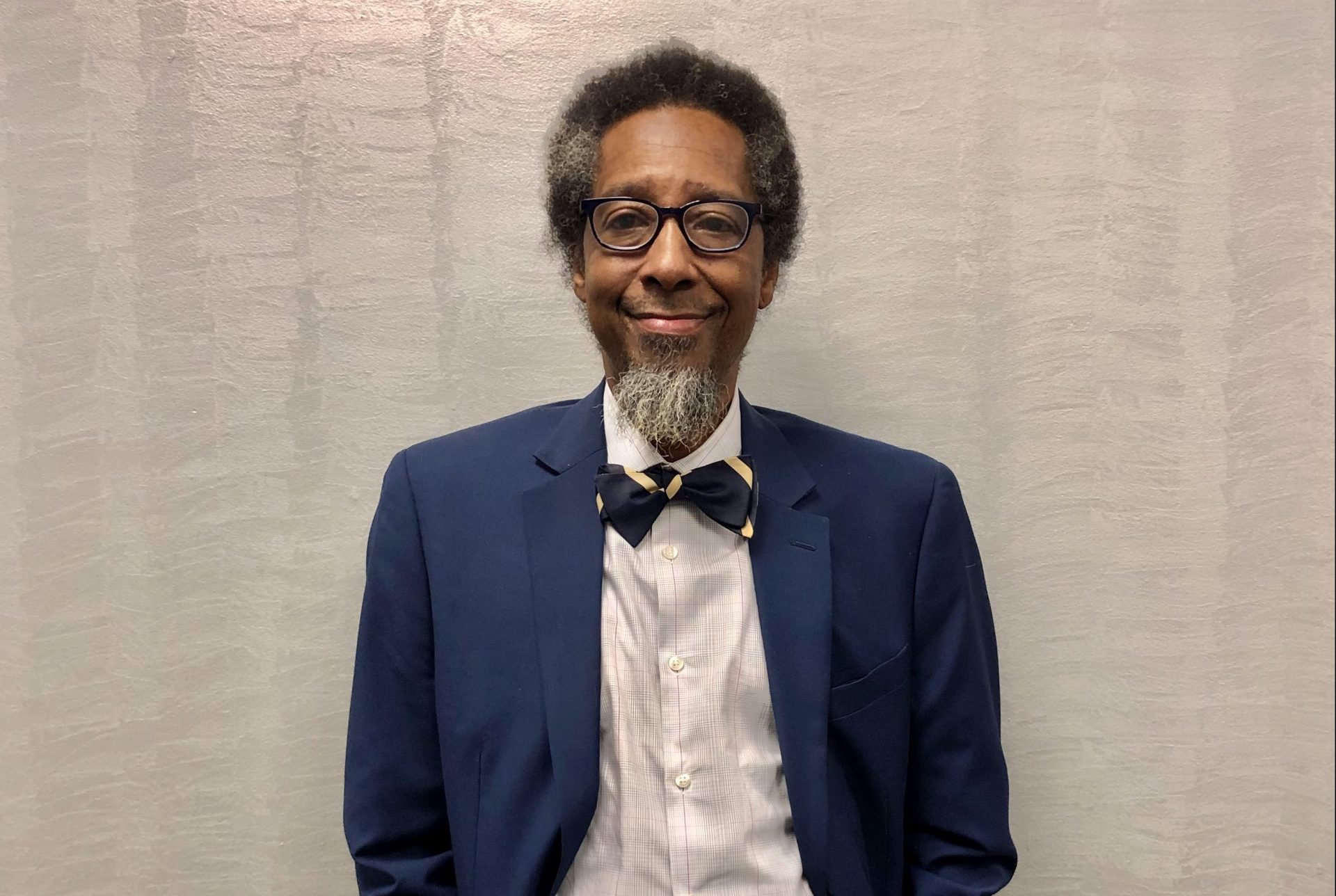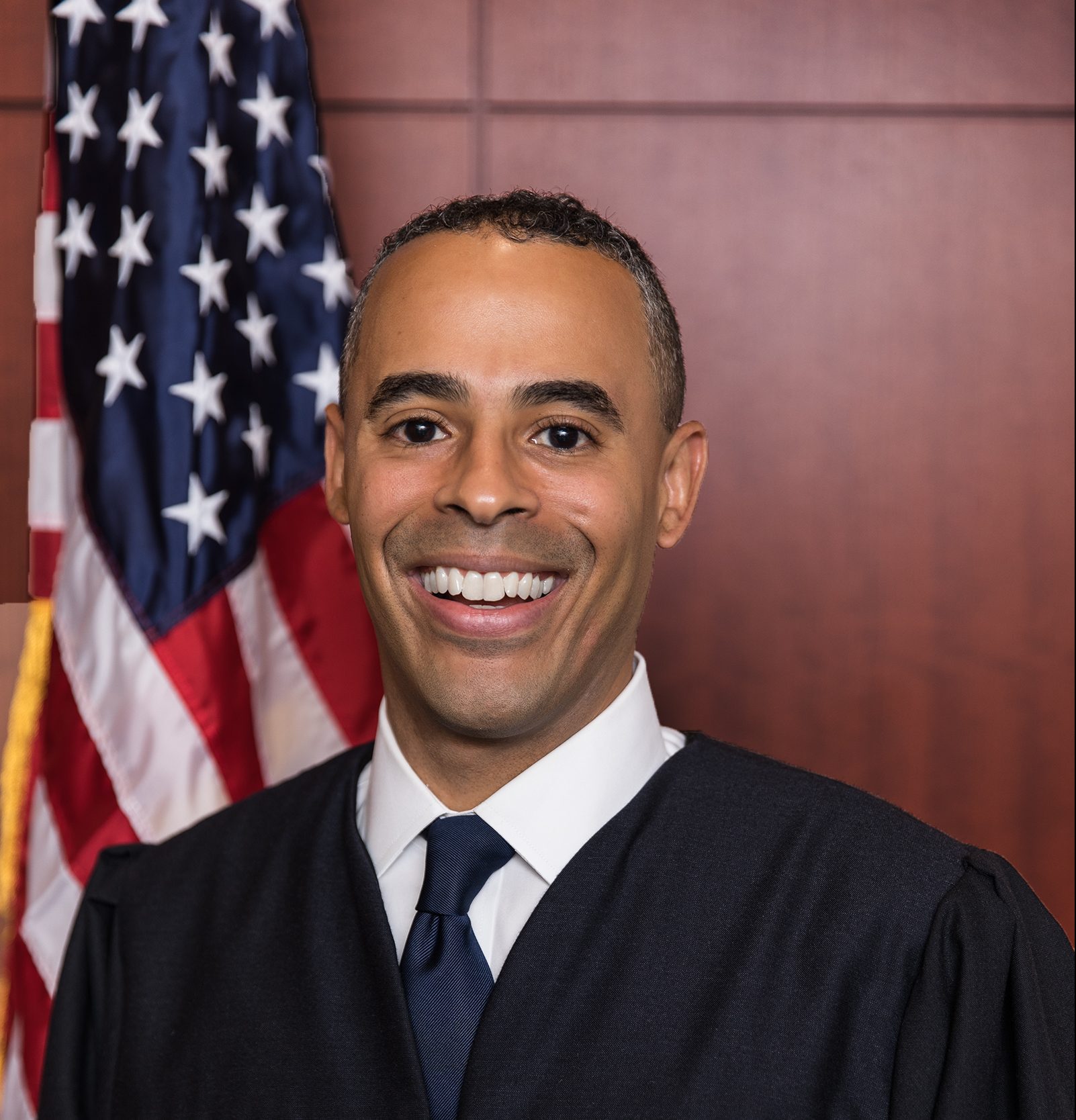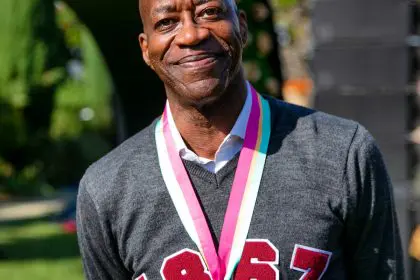 Tell us a bit about yourself. What attracted you to the legal profession?
Tell us a bit about yourself. What attracted you to the legal profession?
I am a Morehouse College and a Mercer University Law School graduate. Currently, I am a government affairs and business development consultant and lobbyist in Washington, D.C. I attended law school not to practice law but because of the universal strength of a law degree and the amount of career options that a law degree provides.
What is your philosophy on the legal justice system?
My philosophy on the legal justice system is that it benefits those who understand the laws prior to hitting the crossroads of needing the legal justice system. What I mean is that many people get “jammed up” by the legal justice system because they do not know how the system operates.
While it is clear that minorities are treated negatively as compared to whites, the system that we have is still the best in the world.
When did you first develop an interest in law and justice?
After completing college and while my sister was in law school at Georgetown.
Describe your legal experience. What have been some of your most significant moments of being a lawyer?
Surprisingly, my experience was not a traditional one. I was working in the Chicago Public Schools system and I was brought in to work on the Corey H. case which was a case that the Chicago Public Schools had lost years ago because of how they treated or mistreated a student with disabilities. My job was to help show that the Chicago Public Schools had come into compliance with treating its students with disabilities. We did not fully get there in my time in the school system, but during this process I got an up close view of the legal system and just how significant it can be for an against whatever cause you were fighting.
What experiences have you had with students from culturally diverse backgrounds?
I have had close contact with young people on all levels. You people at the top of their high school class and high school [students who] have been involved with the juvenile justice system, which unfortunately have already put these young folks at a career disadvantage.
Why is the Koch Foundation’s $25 million gift UNCF important to black colleges?
This is an interesting question. On its face, I would say the money is not good because of what the Koch brothers stand for. The Koch brothers are conservative and the spend great amounts of money to influence politics with their conservative viewpoint.
Their contribution of money to UNCF actually lines up with their values in that they would prefer to give money to UNCF in hopes of producing more kids who go to college and turn out like Dr. Ben Carson. A person of color who is very conservative.
How does the Koch $25 million gift to UNCF support future HBCU entrepreneurs?
The reality is that all opportunities for young people of color requires money and mentorship. These dollars go directly to that. It would be nice to say that young people can pull themselves up by their own bootstraps but the reality is that young people of color need organizations like the UNCF to be financially strong if they are to make a difference.
Name four HBCU graduates turned entrepreneurs who are great examples of what the Koch Foundation is hoping to produce with their $25 million donation.
Maynard Jackson, Atlanta’s first black mayor; Sean Combs, entertainment mogul; Kamala Harris, attorney general of California; and Dr. Michael Lomax, president and CEO of UNCF.
How do see this vision and mission being supported with Koch Foundation’s $25 million gift?
The reality is that every vision needs financial support. The most difficult aspect here is separating the extent to which the Koch brothers work to move politics away from African Americans and then support it.
How does the $25 million Koch Foundation gift support black college potential entrepreneurs?
All black education foundations of which UNCF is one, as well as the HBCUs are underfunded. That is not to say that today these groups are not very good at what they do; but the reality is that even our best minority organizations or HBCUs do not have a $1 billion endowment, which is the starting point of financial strength these entities need.
Why are entrepreneurs important to the black community’s economy?
Black businesses hire black employees more strongly than their non-white counterparts. Black-owned McDonald’s hire more blacks than white-owned McDonald’s. Also, these minority-owned entities give back in larger numbers and provide more mentorship opportunities.
Describe your experience working in an inner-city environment.
Urban environments are tough and rewarding. Probably the most difficult thing about working in a majority black urban environment is that if we do well we do not move back to the majority black community. Thus, when the system works and UNCF supports the HBCU and you produce a strong young person, that person my come back and support the community. By not moving back, we lose a strong part of the community fabric that we need. The new TV show “Black-ish” has it right. When blacks make it, we water down our experience and change our kids lifestyles where the black urban community is not a part of their lives.
Where did you go to college? How well have your schools prepared you for the legal profession?
Morehouse College and Mercer University School of Law. The combination of these two schools proved to be an excellent preparation for me.
How do you go about deciding the special needs of each of your students?
This is more personal than from any training. It is a combination of need and connection.
How do you incorporate technology into your law practice? What qualities make for an effective lawyer?
I think the technology of today starting with the Smartphone has been one of the greatest game changers. Being able to be on a conference call on speakerphone and text or email at the same time has proven invaluable to the expansion of my services and the ability to serve clients. Not to mention the research capabilities that are now at my fingertips.
What advice would you offer a law student just beginning his or her career?
- Go back and find some old tapes of the O.J. Simpson trial. This case taught black America how the justice system really works. All of the rules are chronicled down during this case.
- Think big
Who would you like to emulate? Who were your role models?
Vernon Jordan and a contemporary, Eugene Parker
Describe your thoughts on legal accountability and justice.
These are words that will be difficult for minorities to define for years. Justice to blacks means fair and the Justice system is many times not fair; it is the system that we have.
What are your thoughts on the value of public education in this country?
The minorities who benefitted need to help it get better. Public education is a good premise but it fails many young people of color. To be clear, it is very hard to educate a young person without strong parental support. The families need to get better at making public education work.
How do you stay current in your field?
Talk to the young professionals in your field.
Why should the role of legal professionals be appreciated more?
It is the backbone of success for any group of people.
What technology hardware and software programs have made the most impact on your students?
Smartphone. Now an attorney can do what would require two assistants.
Describe your favorite role model experience.
Appreciating the significance of a young person not related to you telling you that you nade a difference in their life by how you conduct yourself and then continuing to live up to that.
Define “legal mind.”
A mind that knows the rules of the road and can apply them in all situations. In America, there is a rule for everything.

